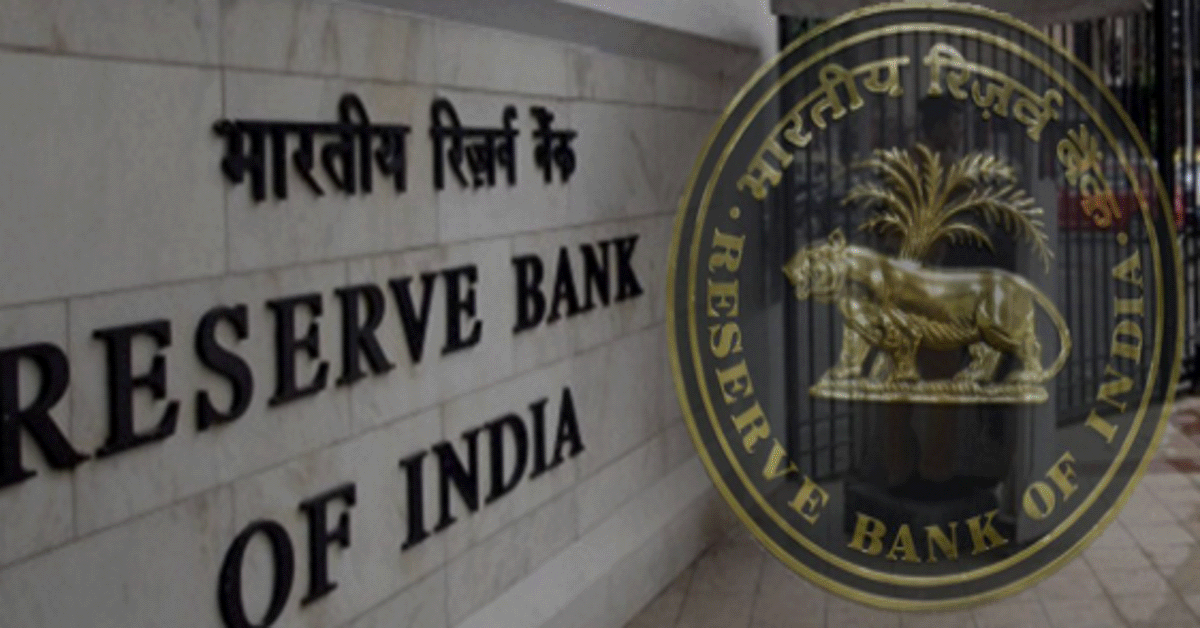The Reserve Bank of India via a notification on its website on Thursday, allowed banks to raise charges on automated teller machines to Rs. 21 per transaction replacing the maximum charges from Rs. 20 per transaction currently applicable.
Banks can levy charges on customers within this ceiling, once they exhaust the free transaction limit with effect from Jan 1,2022.
Bank customers are allowed five free transactions per month, if they use their own bank ATMs. Metro customers are allowed three free transactions per month and non-metro customers are allowed five, when they use other bank ATMs to do transactions.
Interchange fee is the charge a merchant bank pays to the card-issuing bank, each time a customer swipes their credit or debit card.
A committee headed by the chief executive officer of Indian Banks’ Association had made recommendations on ATM charges and the entire gamut of fees attached to transactions conducted on them, in June 2019. The committee at the time had recommended a charge of Rs. 24 per transaction to customers.
The revised charges are in order to compensate banks who will have to shell out more as interchange fee from Aug. 1. As per RBI’s notification, interchange fee per financial transaction to customers will be raised to Rs.17 from Rs.15 now. Whereas in case of non-financial transactions, the interchange fee will be revised to Rs.6 from Rs.5 at present.
This move of the central bank will incentivize banks, manage service providers and white label ATM operators to remarkably increase ATM concentration in semi urban and rural areas thereby augmenting the financial inclusion agenda of the RBI and Govt of India.
The revision in charges were overdue. As both cash and digital payments are important pillars supporting the growth of the economy. The revised fee move will give a fresh momentum to deployment of ATMs across India and help improve the penetration.
The regulator said that the latest revision in charges were done considering the increasing cost of ATM deployment and expenses towards ATM maintenance incurred by banks and white label ATM operators.
The interchange fee structure was last revised in August 2012, while customer charges were revised in August 2014, as per the notification by the RBI.
